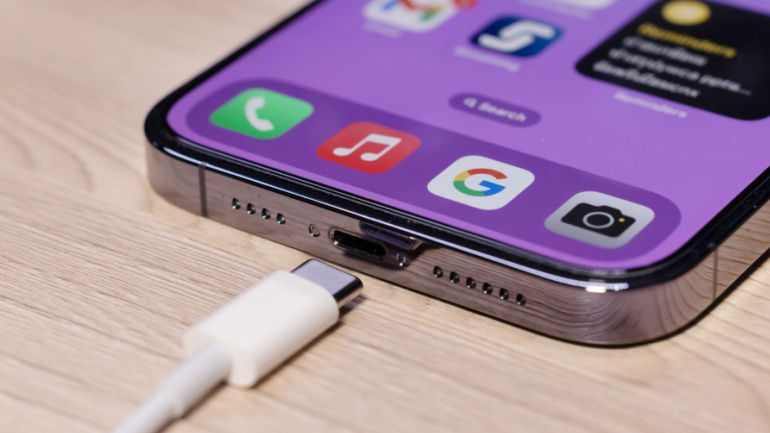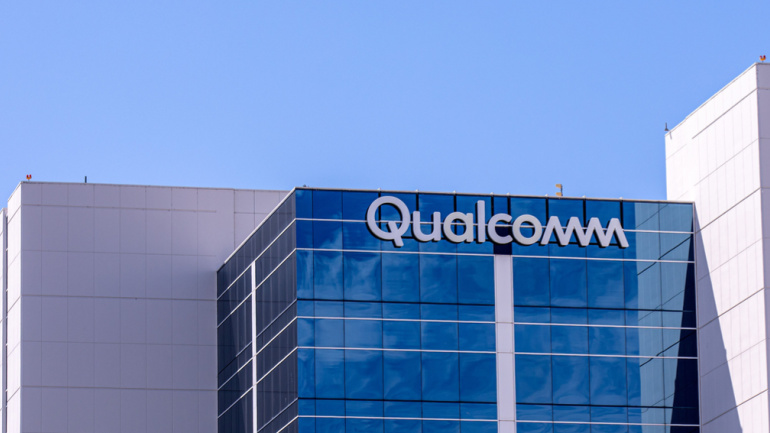Dutch telecom company Veon is adjusting the course of its Russian sector, VimpelCom’s, management buyout, initially agreed for $2.1 billion. The transaction now fully hinges on VimpelCom absorbing part of Veon’s debt – a method born from necessity as sanctions hamper Russian financial institutions. This strategic exit is further complicated by EU sanctions on Russia’s National Settlement Depository inhibiting interest collection on Veon’s Eurobonds.
In a bold move set to enhance its spectrum capabilities, T-Mobile US is poised to acquire Comcast’s 600 MHz frequencies, in a deal worth up to $3.3 billion. With 39 million subscribers potentially impacted, this decision reconfirms T-Mobile’s commitment to streamlining its 600 MHz range, especially in key US cities. It’s worth noting that despite the ambitious agreement, Comcast retains the rights to exclude any licenses before completion. The deal serves both parties well, promising to augment T-Mobile’s already substantial frequencies and refresh Comcast’s spectrum focus on high traffic areas.
In a strategic move, Intel has decided to sell 10% of IMS Nanofabrication to Taiwan Semiconductor Manufacturing Company (TSMC), aiming to accelerate the development of cutting-edge lithography technology, vital to the production of state-of-the-art semiconductors. IMS, a leading producer of essential chip-manufacturing components, plays an essential role in the complex world of mobile devices and similar applications. The investment is expected to enhance IMS’ independence to address significant growth opportunities for multi-beam mask writing tools.
Apple’s recent unveiling of four new iPhone models, with prices starting from £799, highlights the company’s steady stream of innovation. This release has also stirred debate among smartphone enthusiasts questioning the extent of the innovations, especially considering the premium pricing. Despite predicted criticism, Apple maintains its market dominance by committing to incremental upgrades, asserting a commitment to environmental responsibility, and boasting durable, low-bug products.
Discover how Belgium’s telecommunications giant Proximus has embraced 5G technology and AI-powered vision to resolve an age-old warehouse challenge – instantaneous inventory tracking. By using 5G-enabled drones, warehouse managers can have continuous oversight and control of stock levels. This advanced management system contrasts sharply with traditional methods of RFID tags and barcodes, that despite being effective, have notably limitations due to their laborious nature.
Apple’s pursuit of self-reliance in 5G technology is put to the test as it continues its reliance on Qualcomm’s Snapdragon 5G Modem‑RF Systems till 2026. Despite acquiring Intel’s modem segment after a failed business collaboration, Apple’s efforts to create an in-house 5G modem cast doubt on its separation from Qualcomm. The competition intensifies with Huawei’s claim of a successful 5G modem design, amidst the encroaching discussions on 6G technology.
Netcracker’s GenAI Telco Solution, a revolutionary tool that leverages generative AI models to enhance telecom operations, promises to reshape customer experiences and streamline automation. The tool facilitates personalised interaction while anonymizing telecom data and is compatible with widely used GenAI models. Amidst privacy and security concerns, it offers a secure gateway to harness telecom data, promising to boost business value extraction and maximize productivity.
Sinch which powers meaningful conversations between businesses and their customers through its Customer Communications Cloud, today announced its global launch of SMS for Zoho Desk, which extends Sinch MessageMedia’s industry-leading, two-way SMS capabilities. Deepening existing, highly-rated integrations with the Zoho Suite — SMS for Zoho Desk by Sinch MessageMedia enables customer service teams to easily manage and quickly address customer inquiries from a centralized platform, cutting down on response times and improving customer satisfaction.
Deutsche Telekom has made a significant stride in mobile telecommunications, achieving 12 gigabits per second in field tests using 6GHz frequencies – quite a leap from the current 5G network speeds. The German telecom giant credits this achievement to merging two data streams from different frequency antennas, a method they suggest may become standard for these bands. However, before this breakthrough can materialize, it’ll go under scrutiny during the upcoming ITU World Radiocommunications Conference.
Qualcomm and Samsung recently announced a pioneering success in telecommunications; achieving dual uplink and quadruple downlink carrier aggregation for 5G FDD spectrum. This innovation, tested using Qualcomm’s Snapdragon X75 5G Modem-RF System with Samsung’s 5G radios, could provide operators increased flexibility. This trial demonstrates the potency of Advanced 5G modems in enhancing 5G connections, hinting exciting future developments in 5G. Commercial implementations of these findings are expected by late 2023.













